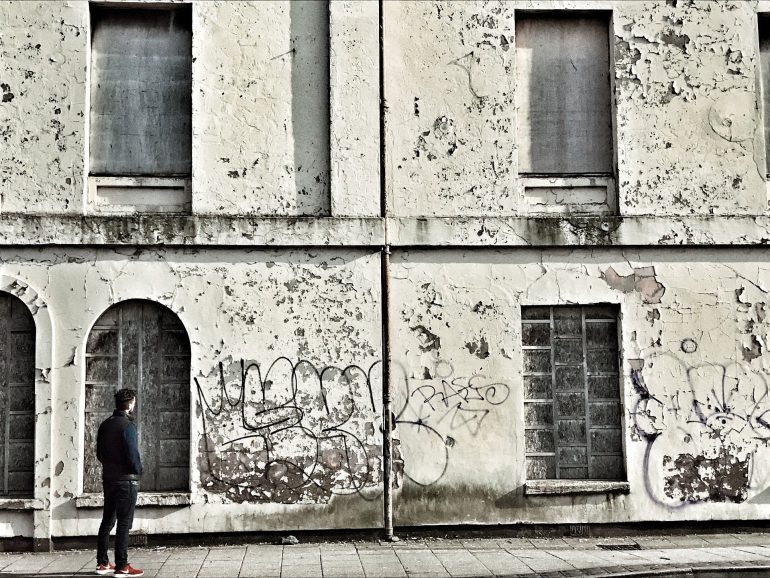The number of adults living in poverty has fallen by 5% since 2018, according a new survey by the Welsh Government. 11% of adults were considered “materially deprived” in 2021-2022, down from 16% in 2017-2018.
The findings are part of a report into poverty and deprivation as part of The National Survey for Wales 2021-2022 .
This is the first national survey to be conducted since the pandemic.
Material deprivation refers to the consequences of long-term poverty on households, rather than short-term financial strain. These include being unable to save more than £10 a month or being unable to holiday away from home.
The survey also shows that women are more likely to fall into this category than men, with an average of the 13% of women in comparison to 9% of men.
Single parents are also particularly affected, with just under half dealing with the impacts of long-term economic hardship. This is the same as it was in 2017-18.
People aged 25-44 are the most materially deprived demographic overall, with 15% falling into the category. In contrast, just 4% of pensioners fall into that category.
2% of people surveyed said they received food from a food bank in the last year and that 13% receive Universal Credit.
However, the report highlights that “care should be taken when making direct comparisons” because of the changes in the way interviews for the survey were collected and the impact of COVID – 19. It calls for further research” to show whether the decline in material deprivation is a real change or as a result of changes in methodology.
The Welsh Government have been approached for comment.

